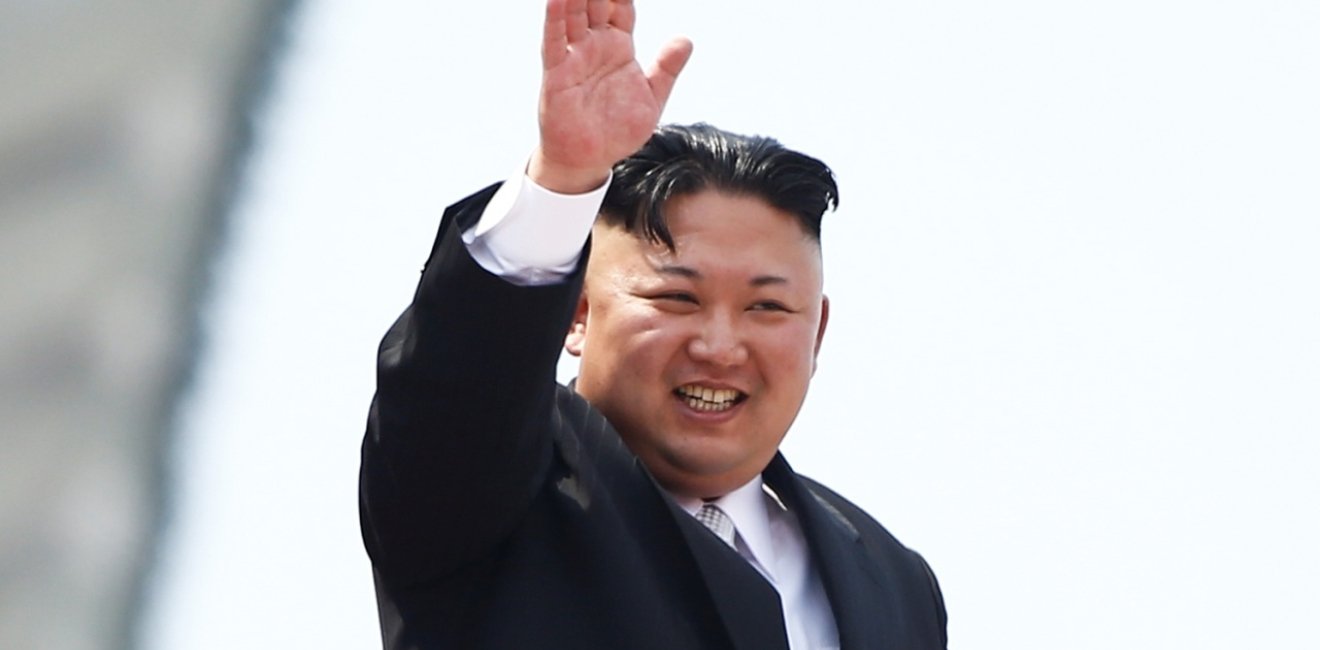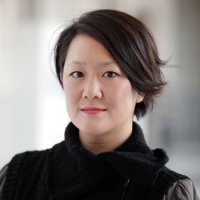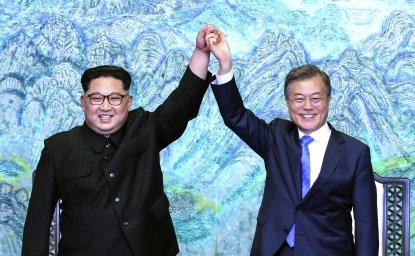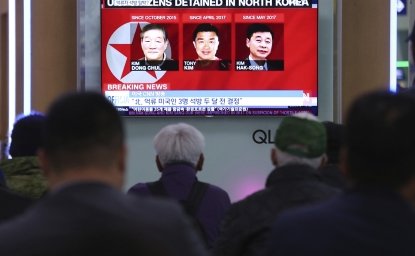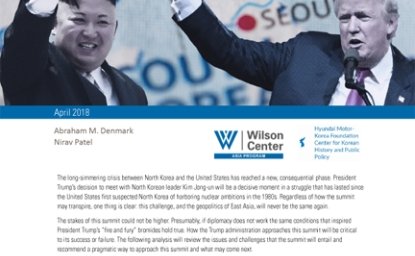Simply by landing in Singapore in a 747, Kim Jong Un is doing something his late father, Kim Jong Il, never did: fly to a foreign country. And now we are seeing him interact with foreign leaders in real time, away from the bubble and protection of North Korea’s tightly controlled state media. It’s a remarkable moment for a country long called the Hermit Kingdom, and part of a carefully crafted strategy designed to make sure he continues to capture and captivate international media attention.
We are witnessing the making of “Kim Jong Un, international statesman.” This is such a different international debut than we saw in 2010, when Kim Jong Un stepped forward at Kim Il Sung Square as the unknown, baby-faced heir apparent to his ailing father, Kim Jong Il.
I was there in Pyongyang in 2010 when he was introduced to his people, and to the world, and I wondered whether this young man would be prepared to assume leadership of an impoverished, isolated, military-run country of 25 million people. Inheriting national leadership has rarely proven successful, and to be the third Kim to lead means he’s that much more removed from the power of personality that catapulted his grandfather, Kim Il Sung, into the presidency in 1948.
Kim Jong Un’s strategy has been to focus on building nuclear weapons to show his people that he is a military strategist who can defend them from the United States. Now, he’s using those weapons to get the president of the United States—his country’s Korean War foe—to a summit that he believes will secure his legitimacy at home by portraying him as a leader feared and respected by the world. Meeting with a sitting U.S. president was a long-time goal of both his father and grandfather; both died without such meetings. Past U.S. presidents have resisted giving the North Korean leader that legitimacy. This is designed to boost his stature at home, and to give his people a sense of pride and faith in his leadership. By meeting with him, President Trump is handing him an enormous propaganda victory.


